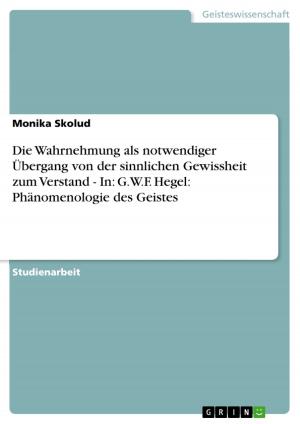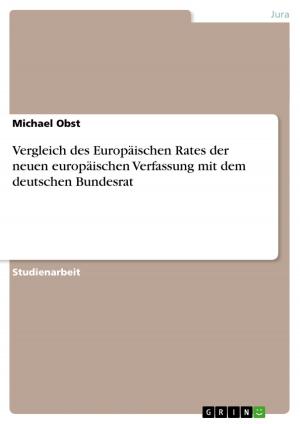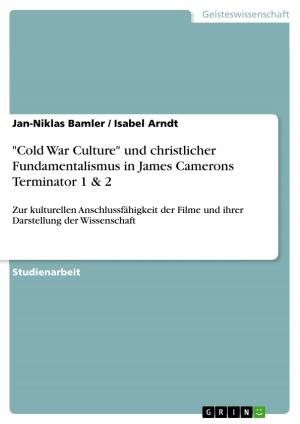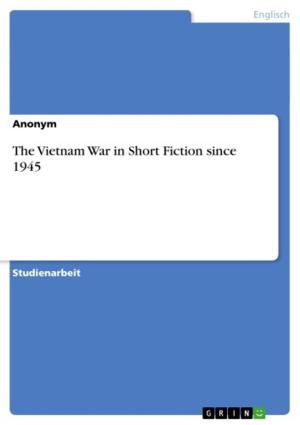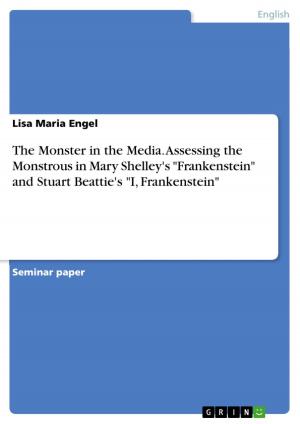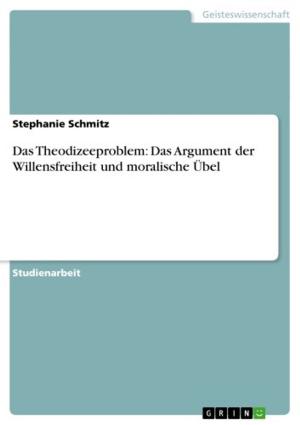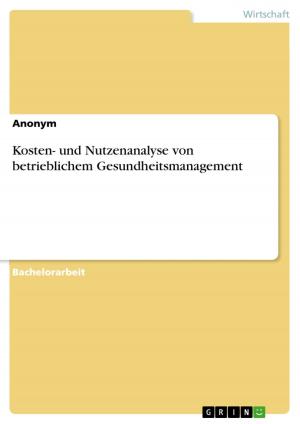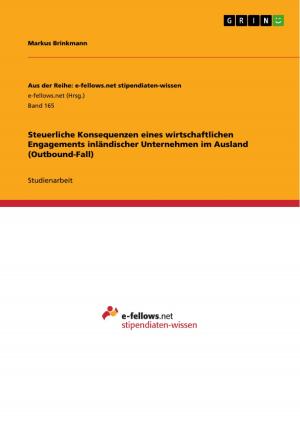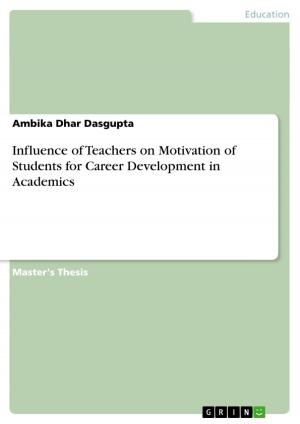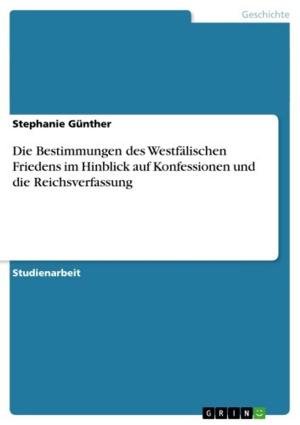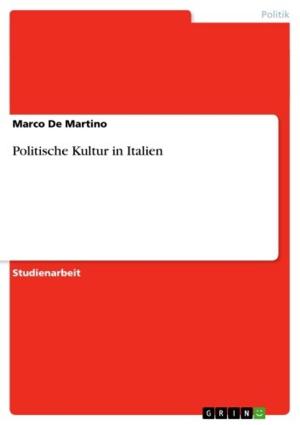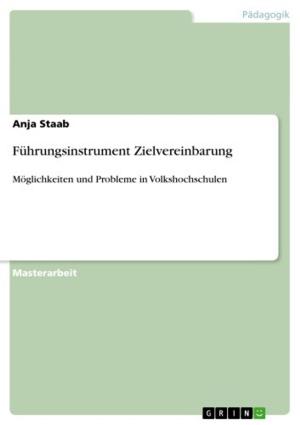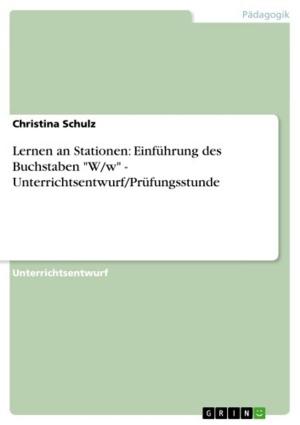Factories of Memory: Remembering the 12 September Military Coup in Beynelmilel and Bu Son Olsun
Nonfiction, Entertainment, Performing Arts, Film| Author: | Ozan Tekin | ISBN: | 9783656321293 |
| Publisher: | GRIN Verlag | Publication: | November 27, 2012 |
| Imprint: | GRIN Verlag | Language: | English |
| Author: | Ozan Tekin |
| ISBN: | 9783656321293 |
| Publisher: | GRIN Verlag |
| Publication: | November 27, 2012 |
| Imprint: | GRIN Verlag |
| Language: | English |
Master's Thesis from the year 2012 in the subject Film Science, grade: A, Lund University (Centre for European Studies), language: English, abstract: 12 September 1980, the third successful military coup in the history of Turkey, has had a debilitating impact on the social, political and cultural life of the country. This thesis examines the representations of the 12 September coup through the lens of film as memory. Based on content analysis of two films, Beynelmilel (2006) and Bu Son Olsun (2012) and their reception, this study examines the representations of the 12 September military coup by means of the concepts of cultural memory, communicative and material memory (memory of objects), and construes whether the reconstruction of this particular past event is challenged by the abovementioned cinematic products as a way to impinge upon the collective memories of this seminal event in Turkey. The results demonstrate that both cinematic products are reflective of multiple and fragmented memories of the 12 September, and that there is not a strong manifestation of remembering or references to memories of this event as the interpretation of online reviews of both products puts forward.
Master's Thesis from the year 2012 in the subject Film Science, grade: A, Lund University (Centre for European Studies), language: English, abstract: 12 September 1980, the third successful military coup in the history of Turkey, has had a debilitating impact on the social, political and cultural life of the country. This thesis examines the representations of the 12 September coup through the lens of film as memory. Based on content analysis of two films, Beynelmilel (2006) and Bu Son Olsun (2012) and their reception, this study examines the representations of the 12 September military coup by means of the concepts of cultural memory, communicative and material memory (memory of objects), and construes whether the reconstruction of this particular past event is challenged by the abovementioned cinematic products as a way to impinge upon the collective memories of this seminal event in Turkey. The results demonstrate that both cinematic products are reflective of multiple and fragmented memories of the 12 September, and that there is not a strong manifestation of remembering or references to memories of this event as the interpretation of online reviews of both products puts forward.

